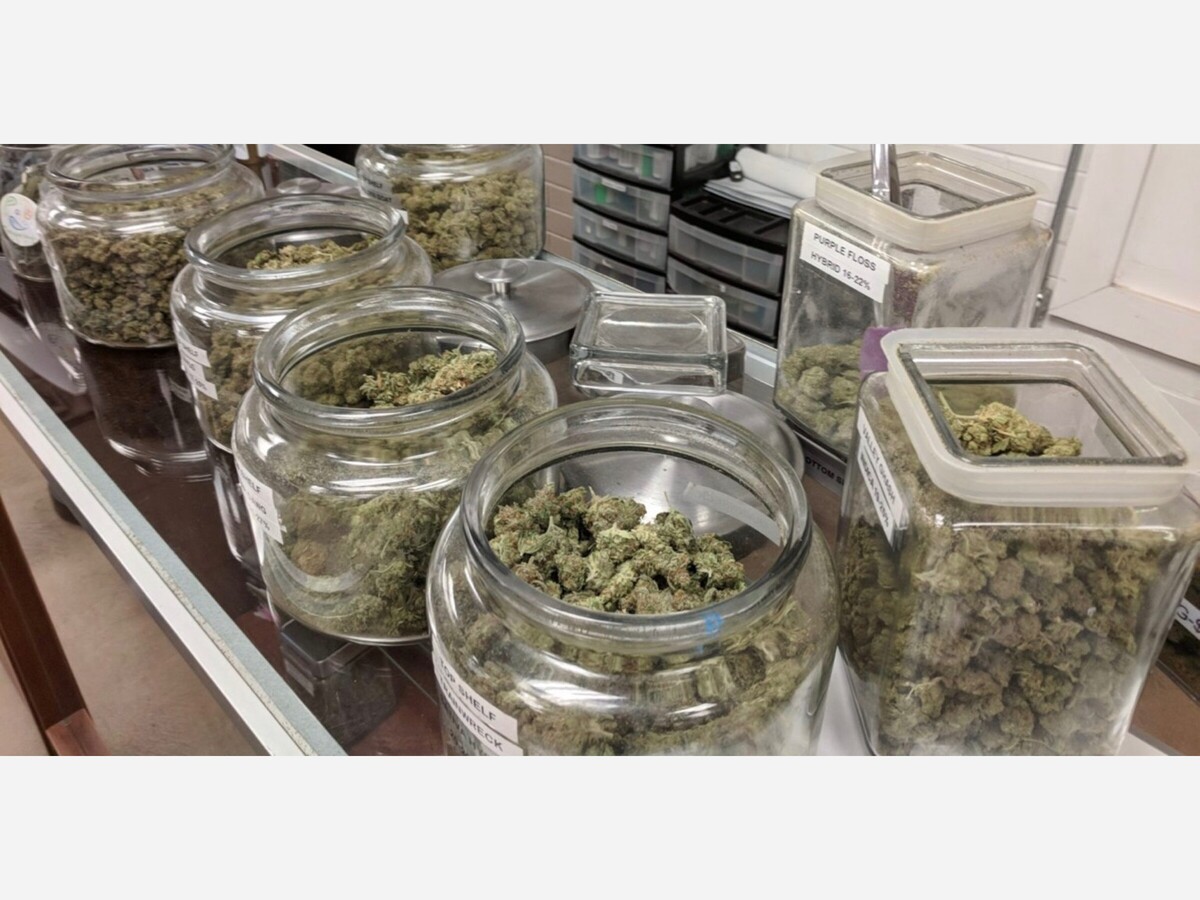Image


New Mexico Cannabis Regulators ask Legislature for Biometrics and More in a New Mexico Cannabis Regulator committee update to the Legislature:
In Alamogordo it’s easier to buy a joint as it is to find access to a shot of vodka or a margarita. The Cannabis Regulation Act was heralded as the most sweeping drug policy reform in New Mexico’s history by its proponents, public advocates and the Governors office. As summer of 2024 winds down New Mexico has issued more than 2600 licenses for dispensaries, farms and cannabis related businesses across the state.
In order to protect the integrity of the new marijuana industry, lawmakers inserted a provision in the law requiring federal FBI criminal background checks on high-level applicants for cannabis industry licenses.
“It is important to ensure that individuals who are applying for a cannabis license as part of a business establishment don’t have a criminal background,” Regulation and Licensing Superintendent Linda Trujillo says. “We don’t want to have criminals licensed in New Mexico using the marijuana location as a way to launder their money from other criminal activities,” Albuquerque State Representative Bill Rehm (D-Albuquerque) said to KQRE News via their Cannabis reporting.
Per KQRE News; “Since the recreational marijuana industry was legalized more than 2600 individuals have been licensed. How many of those have had a federal FBI criminal background check? None. RLD Superintendent Linda Trujillo admits if somebody applies for licensure in the cannabis industry and they have a significant out-of-state criminal background, “unless they told us we would not know about it.”
At the 2021 Special Session, lawmakers made FBI background checks a key provision of the Cannabis Bill. However, nobody bothered checking with the FBI. It was only after recreational marijuana became legal that state officials discovered a glitch in the statute. According to the FBI, a section of the new law does not comply with federal requirements. As a result, the FBI is not performing federal criminal background checks on high-level New Mexico cannabis applicants.
We do need to have the biometric criminal . . . fingerprint background [checks],” Linda Trujillo, the superintendent of the New Mexico Regulation and Licensing Department, told lawmakers in a Courts, Corrections and Justice Committee meeting Wednesday. “We have tried for the last two sessions to get some legislation passed.”
The problem is that New Mexico is unable to do federal background checks before issuing cannabis licenses. “All we’re doing right now is state background checks,”Trujillo told lawmakers. “It doesn’t give us information from any other state.”
Another issue to resolve that the agency wants amended in the law is : plant totals allowed. The problem is that the rules limiting cannabis producers to a certain number of plants will expire in a few years. “So, you’ve got to make a decision,” Trujillo said. “We need to have some ability to regulate the market.”
Another flaw and technicality that lawmakers need to fix per her recommendation to the committee is in allowing businesses with alcohol licenses to also have a cannabis license.
Currently, state law prohibits people from having both an alcohol license and a cannabis license. The idea was to make sure people couldn’t get in a dangerous situation by consuming both alcohol and cannabis at the same time.
“The goal was to not have them served at the same place, but the way the statute is written, you can’t have both licenses” even if they are at different locations, Trujillo says. “That’s just a technical fix that needs to be taken care of.”
The goal was to not have them served at the same place, but the way the statute is written, you can’t have both licenses” even if they are at different locations, Trujillo says. “That’s just a technical fix that needs to be taken care of.”
Of interest and a side note big alcohol meaning the largest producers of Alcohol are betting on the Cannabis industry. Constellation Brands made waves in 2017 with its 10 percent investment into Canadian cannabis company Canopy Growth; since then, it has exercised expiring warrants to hold a larger stake in Canopy, even as Constellation reportedly lost millions as a result. This set into motion a chain of major alcohol companies getting involved in cannabis: A Canadian subsidiary of Southern Glazer’s, Great North Distributors, began distributing cannabis brand Aphria in 2018, and in early 2021 Molson Coors launched Truss, a CBD sparkling water. Both Lagunitas (owned by Heineken) and Pabst have launched THC-infused beverages.
Despite talk of cannabis as a threat to beverage alcohol, industry leaders see opportunity in the cannabis beverage category.
Regulators also want New Mexico’s lawmakers to reconsider the rules around cannabis education.
The state was supposed to be able to issue licenses for places to train people to work in the cannabis industry. But because the statute classifies those as higher education operations, Trujillo says they’ve avoided them.
“It’s ‘higher education,’ and so that is a license type that we haven’t given,” Trujillo says. “We’re not going to license higher education.” If the law were re-worded slightly, Trujillo says the Regulation and Licensing Department would be happy to start issuing those licenses.
While statewide recreational cannabis sales have passed the previous record with July sales topping over $34 million in cannabis purchases regulators are seeking assistance from the legislature to button up the laws and close loopholes to ensure a safe and brisk cannabis industry in New Mexico.